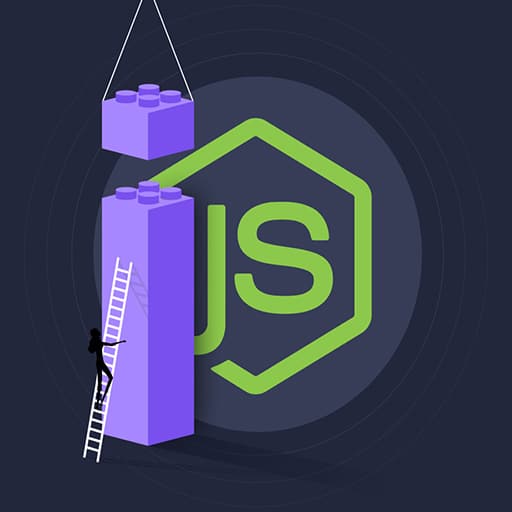The Node.js ecosystem is vast and constantly evolving, with a wide range of tools and libraries available to help developers build robust and scalable applications. In this article, we will explore some of the essential tools and libraries that every Node.js developer should be familiar with.
1. Express.js: Express.js is a fast and minimalist web application framework for Node.js. It provides a simple and flexible way to build web applications and APIs. Express.js is widely used and has a large community, making it easy to find support and resources.
2. NPM (Node Package Manager): NPM is the default package manager for Node.js. It allows developers to easily install, manage, and share reusable code packages. NPM is an essential tool for managing dependencies and integrating third-party libraries into your Node.js projects.
3. MongoDB: MongoDB is a popular NoSQL database that is often used with Node.js. It provides a flexible and scalable solution for storing and retrieving data. The official MongoDB Node.js driver allows developers to interact with MongoDB databases using JavaScript.
4. Socket.io: Socket.io is a real-time communication library for Node.js. It enables bidirectional communication between the server and the client, making it easy to build real-time applications such as chat applications or collaborative tools.
5. Winston: Winston is a versatile logging library for Node.js. It provides a simple and flexible API for logging messages to various transports, such as the console, files, or external services. Winston allows developers to easily configure and customize their logging setup.
6. Passport.js: Passport.js is an authentication middleware for Node.js. It provides a simple and modular way to handle user authentication and authorization. Passport.js supports various authentication strategies, such as local username/password, social media logins, or JSON Web Tokens (JWT).
7. Jest: Jest is a popular testing framework for Node.js applications. It provides a simple and intuitive API for writing unit tests, as well as powerful features such as code coverage reporting and snapshot testing. Jest is widely used and has excellent documentation and community support.
8. Axios: Axios is a promise-based HTTP client for Node.js. It provides an easy-to-use API for making HTTP requests and handling responses. Axios supports features such as request cancellation, interceptors, and automatic serialization of request and response data.
9. Sequelize: Sequelize is an Object-Relational Mapping (ORM) library for Node.js. It provides a simple and intuitive way to interact with relational databases, such as MySQL, PostgreSQL, or SQLite. Sequelize supports features such as data validation, eager loading, and transaction management.
10. Prettier: Prettier is a code formatting tool for Node.js. It automatically formats your code according to a set of predefined rules, ensuring consistent and readable code across your projects. Prettier supports various programming languages, including JavaScript, TypeScript, and CSS.
These are just a few examples of the essential tools and libraries available in the Node.js ecosystem. Depending on your specific needs and project requirements, there are many more tools and libraries that you can explore and leverage to enhance your Node.js development experience.
